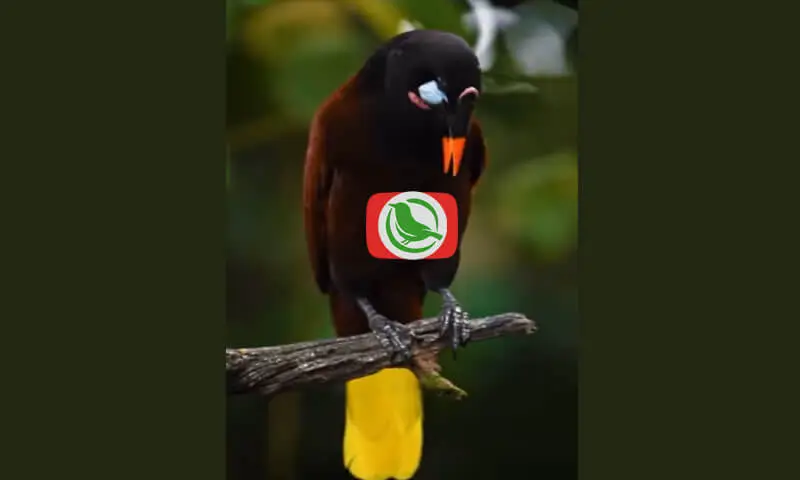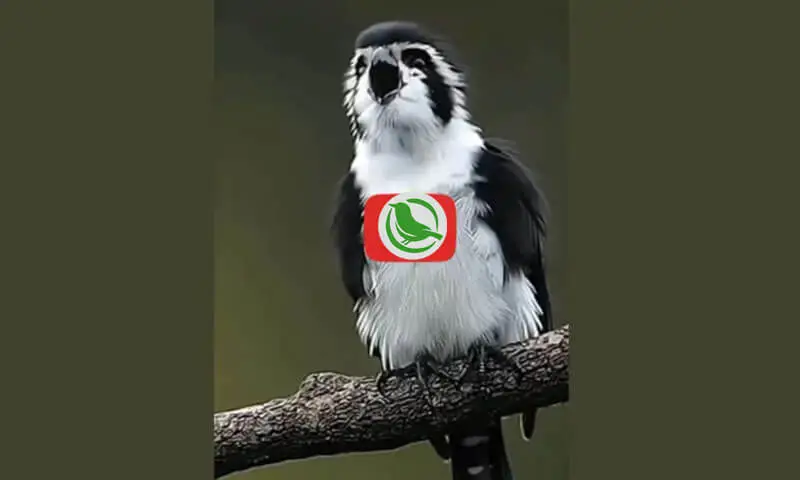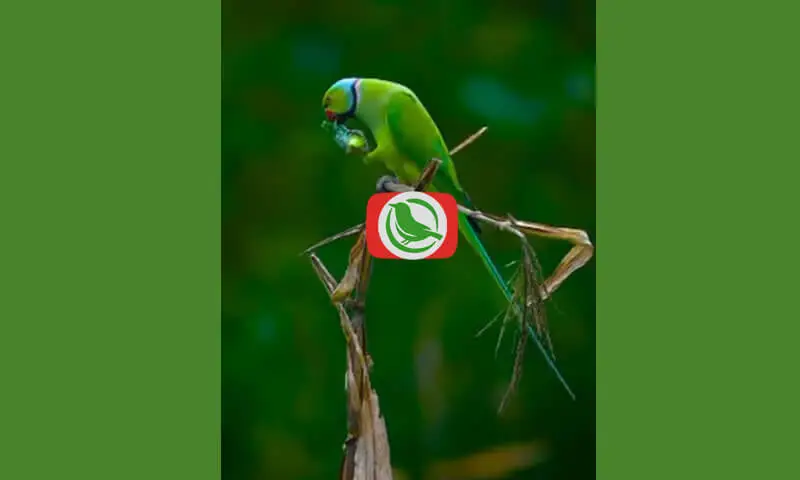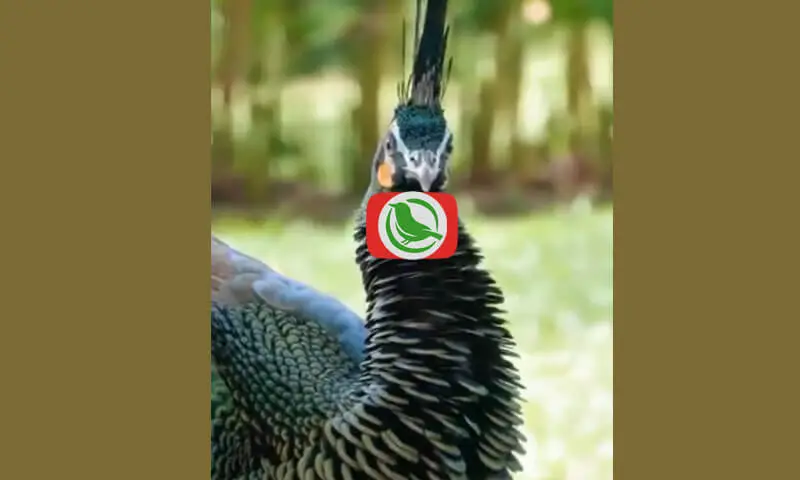Introduction to the Hyacinth Macaw
The Hyacinth Macaw (Anodorhynchus hyacinthinus) is one of the most stunning parrot species. With its distinctive bright blue color, this bird often attracts the attention of bird enthusiasts and nature lovers. Known as the largest parrot in the world, the Hyacinth Macaw has unique physical characteristics and behaviors that set it apart from other parrot species.
Habitat and Distribution
The Hyacinth Macaw is native to South America, particularly found in Brazil, Paraguay, and Bolivia. They are commonly located in tropical rainforest areas and open savannas. Their wild existence heavily relies on the presence of large trees that provide nesting places and food, such as seeds and nuts.
Diet and Nutrition
This bird is a highly specialized seed eater. One of their favorite foods is the acai palm nut. Hyacinth Macaws have exceptionally strong beaks, enabling them to crack hard nuts. Therefore, it is essential to ensure that these birds receive a balanced diet rich in nutrients to support their health.
Care of Hyacinth Macaws in Captivity
Keeping a Hyacinth Macaw in captivity requires special attention, as they are not only large birds but also very intelligent. They need ample space to fly and play. Additionally, they require sufficient social interaction with their owners to remain happy. As highly social birds, Hyacinth Macaws do not like being alone, so owners must dedicate time for active interaction.
Conservation and Endangered Status
The Hyacinth Macaw is currently listed as an endangered species by the IUCN. One of the greatest threats to their existence is habitat loss and illegal trade. Therefore, conservation and preservation efforts are crucial to ensure that these birds remain in the wild.
Tips for Caring for Hyacinth Macaws in Captivity
- Provide a Spacious Cage Hyacinth Macaws need plenty of room to move and fly. Ensure that the cage you provide is large enough, with ample space for flying and playing. Use sturdy materials like stainless steel to ensure the bird’s safety.
- Pay Attention to a Balanced Diet To support the bird’s health, offer food rich in protein and nutrients, such as seeds, nuts, and fresh fruits. Avoid giving foods that can be harmful to them, like chocolate or avocado.
- Provide Mental Stimulation These birds are very intelligent and require mental challenges. Offer toys that can stimulate their minds, such as puzzles or interactive devices to keep them engaged and entertained.
- Maintain the Bird’s Mental Health Hyacinth Macaws are very social birds. They dislike loneliness and need attention from their owners. Ensure you spend time interacting, talking, and playing with them.
- Regular Health Checks Conduct regular health checks to ensure your bird remains in prime condition. If you notice signs of illness or behavioral changes, consult a veterinarian experienced in exotic bird care immediately.
With the right care, the Hyacinth Macaw can become a loyal and joyful companion in your home while helping to preserve their existence in the wild.





